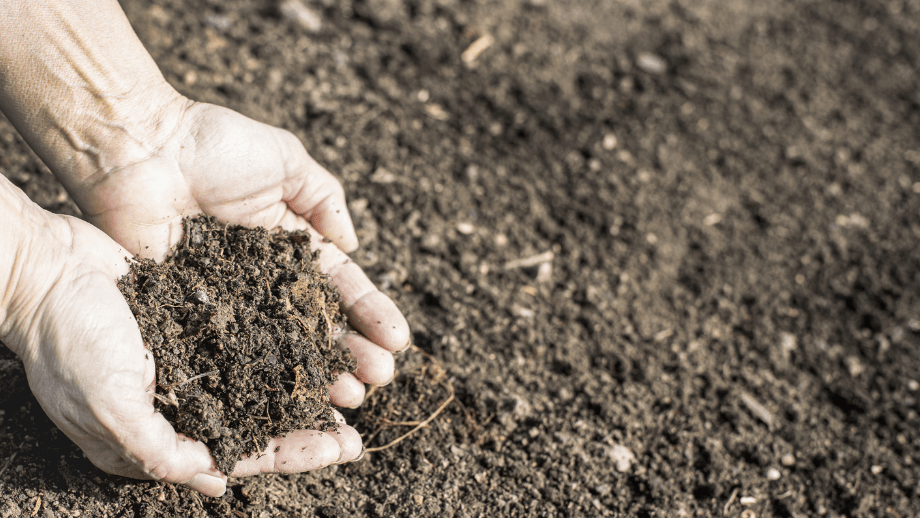
Mulching: How does it work and what are the benefits?
Soil care, green manure or space creator - we take a closer look at the multi-talented mulcher.
Whether in agriculture, in the municipal sector or in forestry: mulchers have a permanent place when it comes to maintaining fallow land, green strips, etc. Mulchers have various tasks. Find out what these are and how a mulcher actually works in this article.
How does a mulcher work?
A mulcher is a device that is used to mow and shred the mowed material at the same time. Mulching is often confused with mowing, but there are two major differences: Firstly, unlike mowers, mulchers shred the mowed material much more intensively. Secondly, with a mower, the cuttings are usually collected or further processed to produce fodder. With a mulcher, on the other hand, the shredded plant parts remain on the ground and help to improve the soil.
What are the benefits of mulching?
Mulchers are particularly popular in agriculture, as they have a number of advantages. Above all, mulching improves soil quality: over time, the mulch layer of organic material decomposes into valuable compost and fertilizer, which contains nutrients for the following plants. The mulch layer also protects the soil from climatic influences. This reduces the evaporation of water and minimizes erosion caused by rain and wind. The soil temperature under the mulch layer is also more stable, which can extend the vegetation period for plants. The reduced incidence of light on the soil can also inhibit the growth of various weeds.
Mulching can take on additional functions in agriculture. For example, mulching can be used for ecological control of the European corn borer: By shredding the maize stubble remaining in the field, the larvae of the European corn borer are deprived of the protection they need to overwinter and the population can thus be drastically reduced. This can minimize damage caused by the European corn borer, as well as Fusarium fungi, which like to nest in the feeding tracks of the European corn borer. Mulching also has its advantages when growing rapeseed: There is less volunteer rape in the following crop and fungal permanent bodies, known as sclerotia, are effectively combated.
Short
Benefits of mulching:
- Improvement of soil quality
- Protection against erosion
- Protection against drying out
- Extension of the growing season
- Inhibition of weeds
- Control of European corn borer
- Control of Fusarium fungi
- Less volunteer oilseed rape
- Control of scletoria

Where can mulchers be used?
Mulchers can be used for a wide range of applications. In agriculture, mulchers are mainly used for maintaining fallow land and shredding green manure plants. However, mulchers are also frequently used in orchards and vineyards: They are used to shred vine or fruit tree prunings and keep the alleys between the plants clear. Mulchers are not only used in agriculture, but also in the municipal sector to maintain ditch embankments, water banks and grass verges. In forestry, on the other hand, they are used to keep areas clear.
What types of mulcher are there?
There are generally two basic types of mulcher. On the one hand, there is the flail mulcher, which is characterized by a rapidly rotating shaft with numerous flails attached to it. On the other hand, there is the sickle mulcher, which has rapidly rotating horizontal blades.